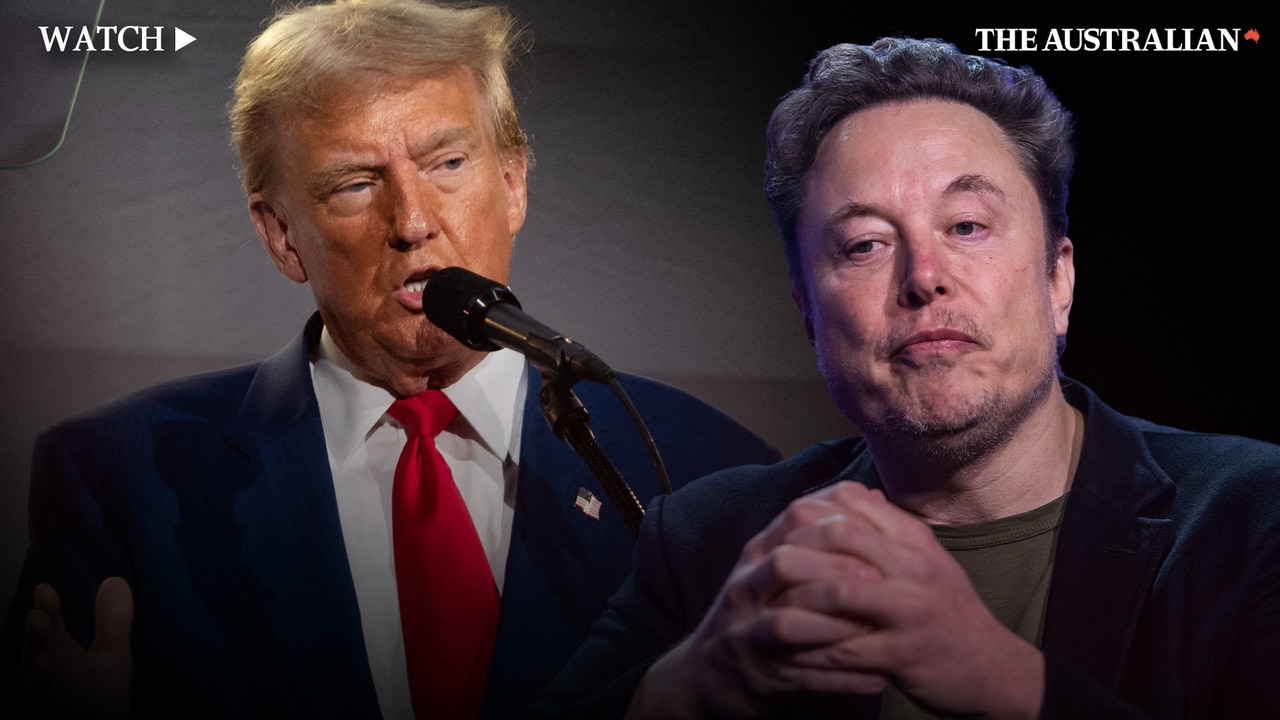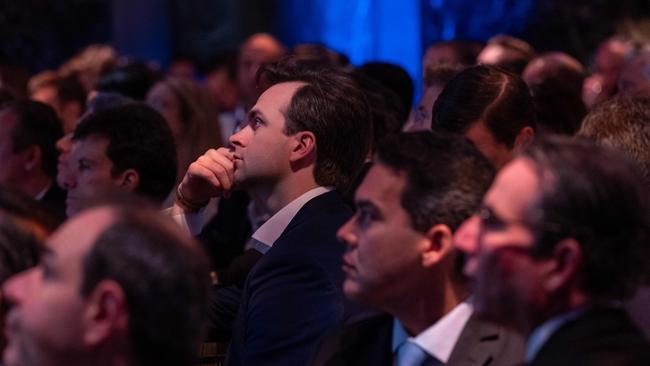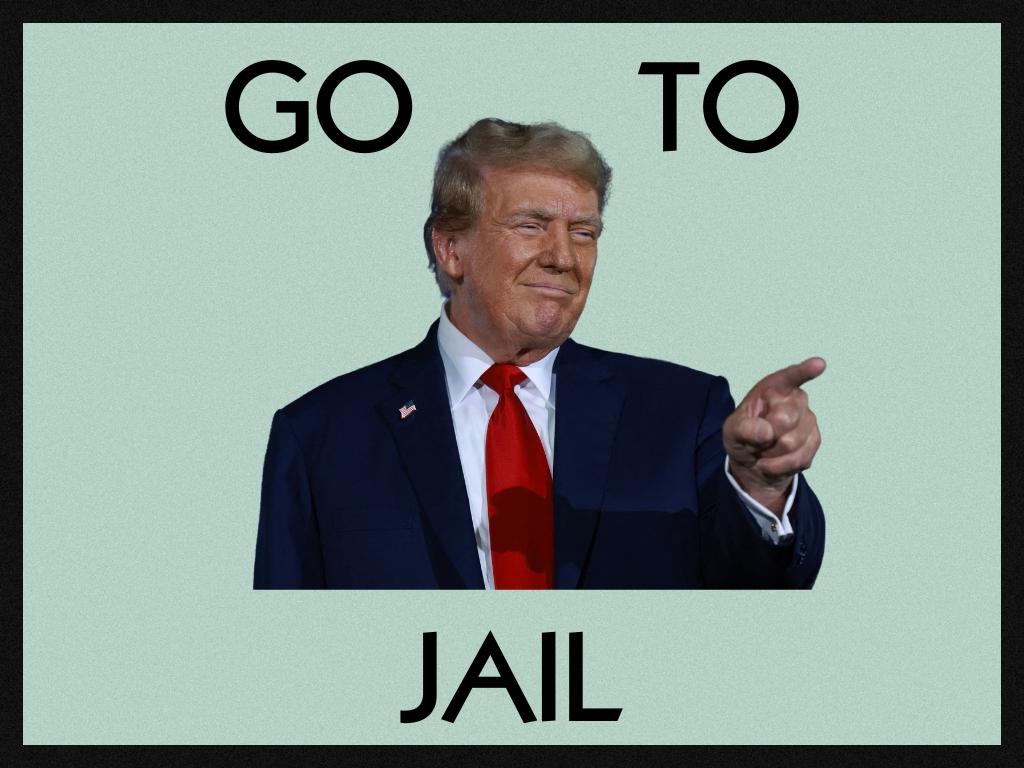
So his promise on Thursday (Friday AEST) in speech at the Economic Club of New York to cut company tax further to 15 per cent from 21 per cent, and launch a commission to reduce federal government, should he win in November, won’t hurt his political standing.
It’s less clear Trump deserves his reputation as a wise economic manager.
A commission to reduce unnecessary spending is a laudable idea: who doesn’t want to cut waste? The former president said he would appoint Elon Musk to head an Efficiency Commission, after the Tesla chief executive made a very public pitch for the job in his wide-ranging interview with Trump last month on X.
This is badly needed https://t.co/H9AKYbDssZ
— Elon Musk (@elonmusk) September 5, 2024
However worthwhile, it’s unlikely to make many inroads given Trump has promised repeatedly not to reduce spending on the biggest areas of US government expenditure: social security, Medicare, Medicaid and the military, which combined make up the bulk of federal spending.
This year the US government will bring in around $4.9 trillion in taxes, and spend around $6.8 trillion, a deficit that’s projected to grow larger.
Trump’s promise to cut the corporate income tax rate further, which would reduce revenue by S$5.8 trillion over a decade according to the The Penn Wharton Budget Model, is more questionable, given it would be funded entirely by increased public borrowing, raised at interest rates much higher than those that pertained during Trump’s first term.
Trump is very proud of his company tax cuts from his first term, arguably his biggest economic policy change. But as David Stockman, Ronald Reagan’s budget director has pointed out in his recent book Trump’s War on Capitalism, they made zero difference to business investment or any real economic variable that mattered in the US, and instead prompting a massive surge in share buybacks.

Both Republican and Democrat presidential candidates are delusional on taxes and spending, each hoping the impending fiscal disaster occurs on the other’s watch. Harris should be more careful given she would presumably want to seek a second term as president.
The US government is borrowing $1 trillion every 100 days. Social Security (America’s publicly funded age pension scheme) and Medicare are both due to become insolvent without tax increases in coming years, and the prospect of increased military expenditures from foreign entanglements would all appear to point to higher taxation, not lower.
Lower taxes are obviously the ideal, but not if spending (delayed taxation) can’t also be reduced.
The centrepiece of Trump’s economic platform has already been announced: a 10 per cent tariff on all imports. This appeals to working close Americans who understandably see it as a way to bring back the manufacturing jobs lost to China, South America during the wave globalisation that got underway in earnest in the 1990s.
This is Trump’s riskiest policy, with potentially massive global ramifications. The last time the US unilaterally jacked up tariffs a Great Depression ensued, as other nations reciprocated.
Trump might enjoy the better reputation as an economic manager but it’s not clear his plans are much better than Kamala Harris’s, who has similarly resorted to tokenistic, feel-good policies, such as cracking down on ‘price gouging’. A US budget crisis is on the horizon whoever wins in November.






Talking about economic policy is good politics for Donald Trump, given it’s an area, along with immigration, where he clearly leads Kamala Harris by a wide margin in what’s shaping up to be a close presidential race.